Motor skills development Normal Worksheets for 6-Year-Olds
7 filtered results
-
From - To
Our Motor Skills Development Normal Worksheets for 6-year-olds are expertly crafted to enhance your child's fine and gross motor skills. These engaging and fun activities provide essential practice in hand-eye coordination, dexterity, and muscle control. From cutting and tracing tasks to drawing and coloring, each worksheet is designed to boost confidence and independence. Created by educational professionals, our resources ensure your child's development aligns with age-specific milestones. Perfect for supplementing school learning or home practice, our motor skills worksheets foster growth through play and creativity, setting a solid foundation for future academic success. Explore our collection today!
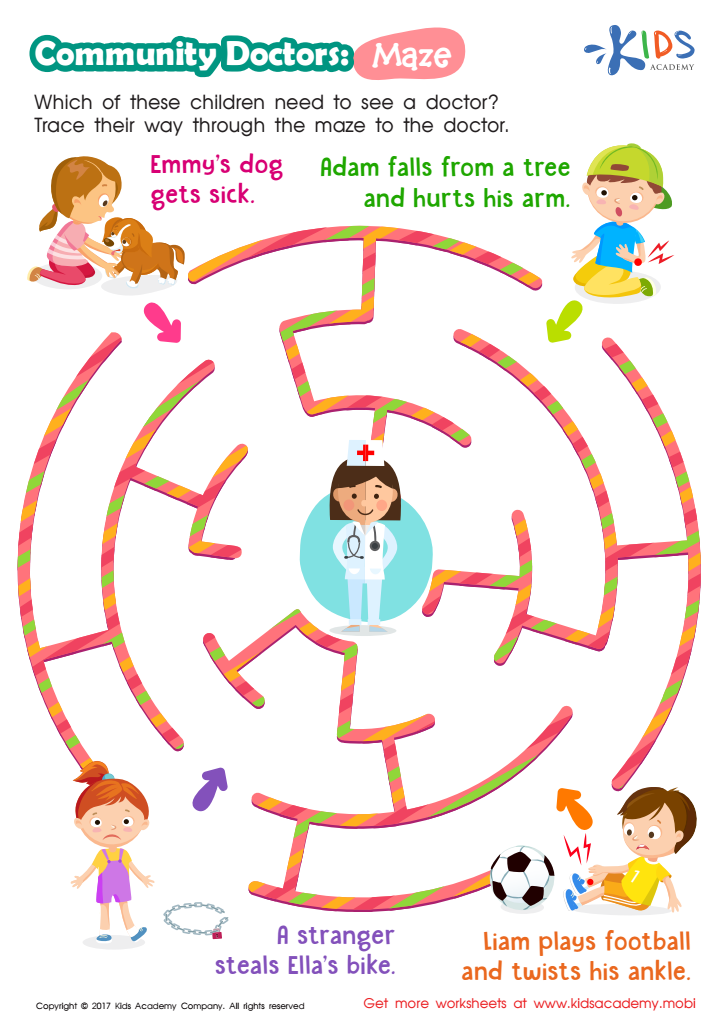

Community Doctors: Maze Printable


Letter H Tracing Page
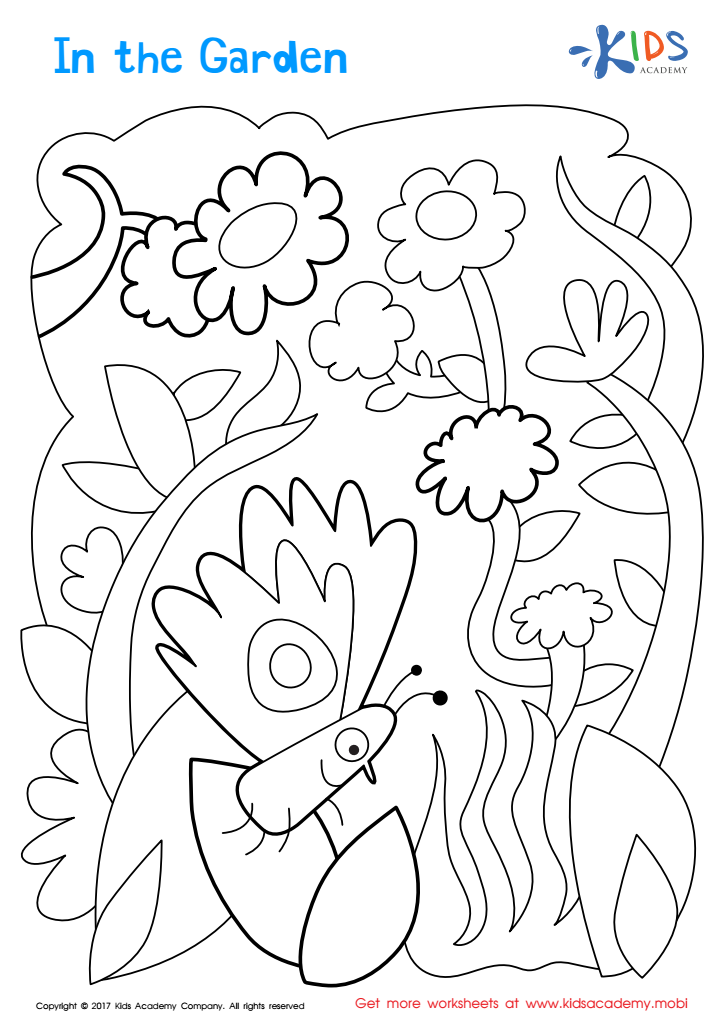

In The Garden Coloring Page
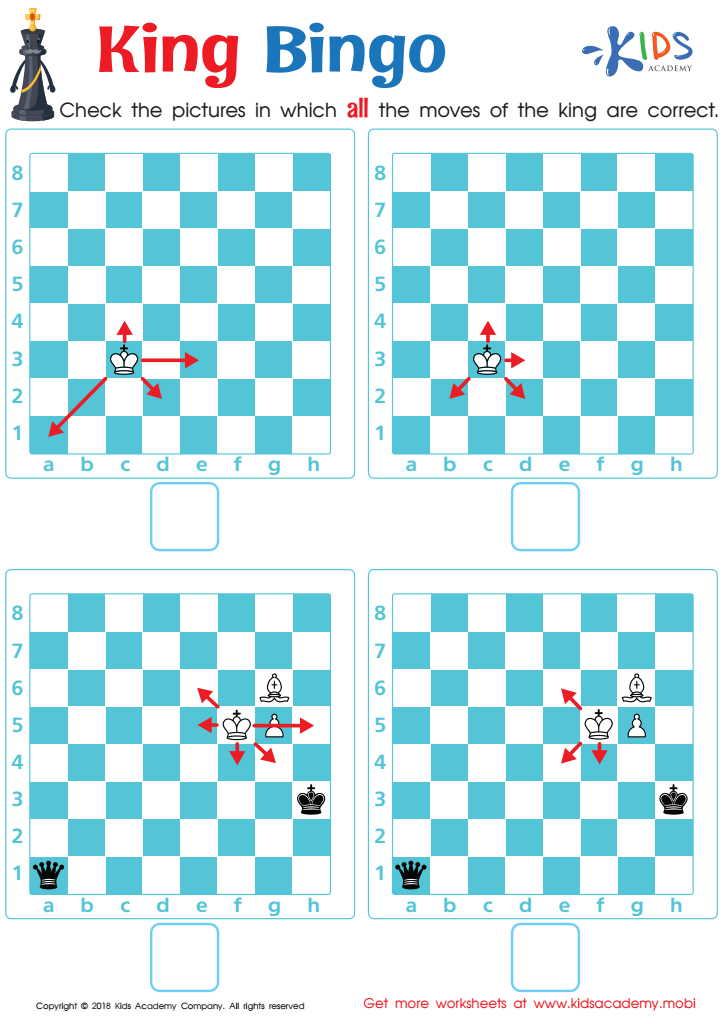

King Bingo Worksheet
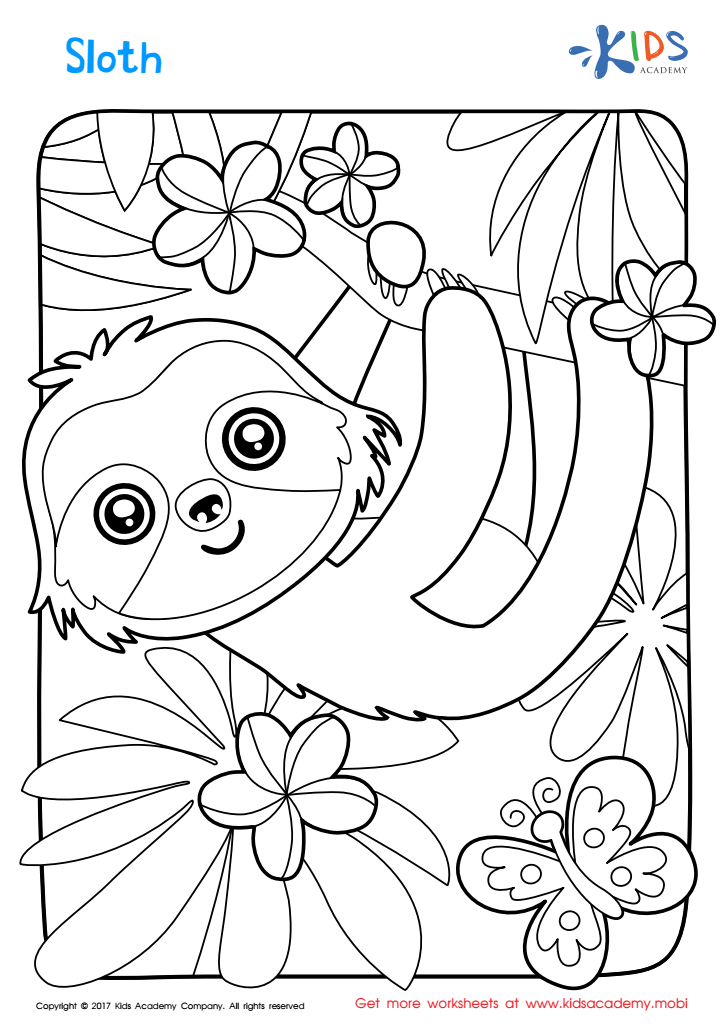

Sloth Worksheet
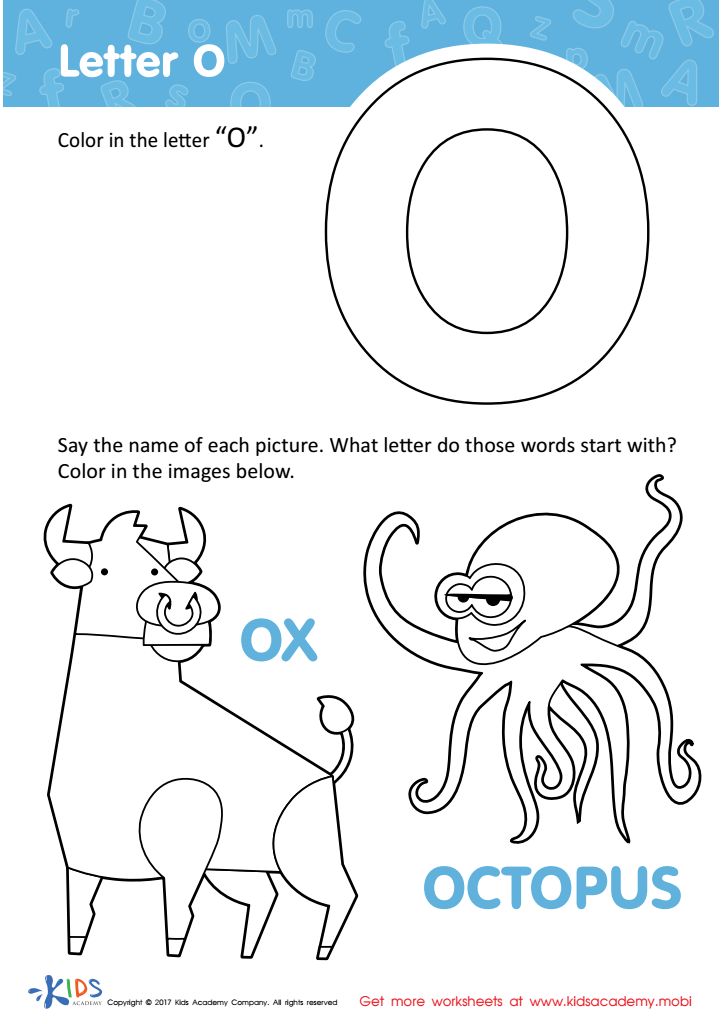

Letter O Coloring Sheet
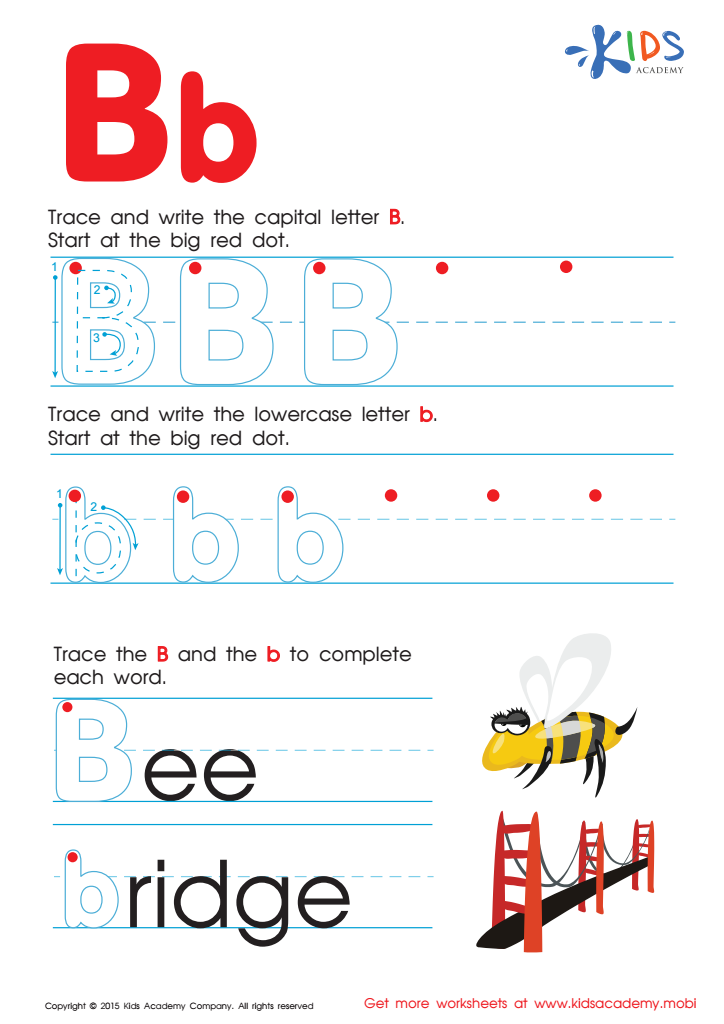

Letter B Tracing Page
Motor skills development in 6-year-olds is vital for several reasons. Firstly, these skills are essential for children to perform everyday tasks with ease and confidence, such as buttoning clothes, tying shoelaces, writing, and using utensils. Without well-developed motor skills, children may struggle with these tasks, potentially leading to frustration and a lack of independence.
Fine motor skills, which involve the coordination of small muscles, particularly in the hands and fingers, are crucial for academic success. At 6 years old, children are typically learning to write more extensively, draw detailed pictures, and manipulate small objects. These activities directly impact their learning and communication abilities. On the other hand, gross motor skills, which use larger muscle groups for activities like running, jumping, and playing sports, are essential for physical health and social interaction. Engaging in physical activity helps children to expend energy, stay fit, and develop coordination and strength.
Additionally, motor skills development impacts a child's cognitive and emotional growth. Activities that foster motor development often require problem-solving, memory, and concentration, which enhance cognitive abilities. Successfully performing motor tasks can boost a child's confidence and self-esteem, fostering a positive attitude towards challenges and learning.
Teachers and parents should care about motor skills development to support children’s physical health, academic performance, social skills, and emotional well-being.
 Assign to My Students
Assign to My Students
















